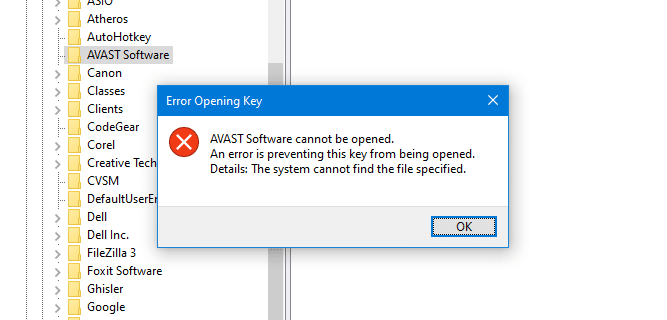

However you take it too far by suggesting AV has no use. I find this behavior despicable as well, they deserve our scrutiny, criticism, and possibly punitive damages for not being upfront with users about data collection. You don’t need anything more than what your operating system provides, whether you use Windows, Linux, macOS, Android, or iOS.
#If i disable add ons avast antivirus software windows
Of course, with these programs running with unparalleled access to many Windows machines, we all knew antivirus companies would resort to selling user data to make an extra buck, sinking even deeper. Is anybody really surprised by this? Antivirus companies have been scammers for a long time now, spreading fear and anxiety amongst primarily less knowledgeable users, tricking and scamming them into paying exorbitant amounts of money for tools that are not needed, do not work, slow computers down, and in many cases, actively harm operating systems. Some clients paid millions of dollars for products that include a so-called “All Clicks Feed,” which can track user behavior, clicks, and movement across websites in highly precise detail. Some past, present, and potential clients include Google, Yelp, Microsoft, McKinsey, Pepsi, Sephora, Home Depot, Condé Nast, Intuit, and many others.

They show that the Avast antivirus program installed on a person’s computer collects data, and that Jumpshot repackages it into various different products that are then sold to many of the largest companies in the world. The documents, from a subsidiary of the antivirus giant Avast called Jumpshot, shine new light on the secretive sale and supply chain of peoples’ internet browsing histories. Our report relies on leaked user data, contracts, and other company documents that show the sale of this data is both highly sensitive and is in many cases supposed to remain confidential between the company selling the data and the clients purchasing it. An antivirus program used by hundreds of millions of people around the world is selling highly sensitive web browsing data to many of the world’s biggest companies, a joint investigation by Motherboard and PCMag has found.


 0 kommentar(er)
0 kommentar(er)
